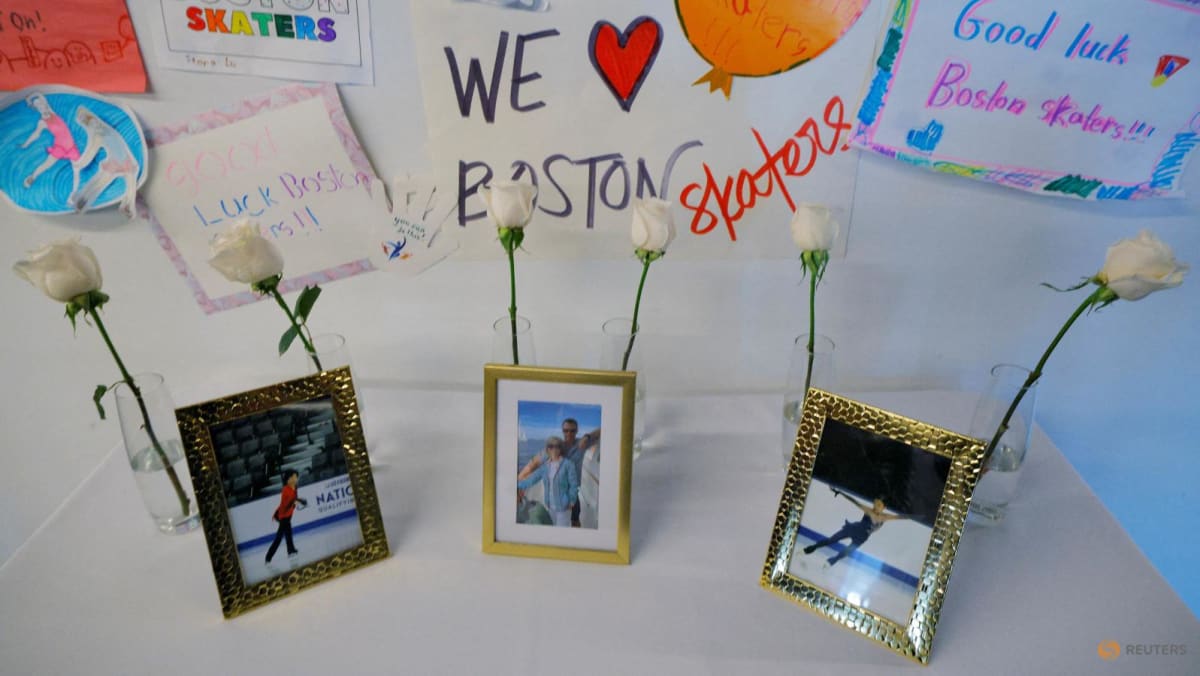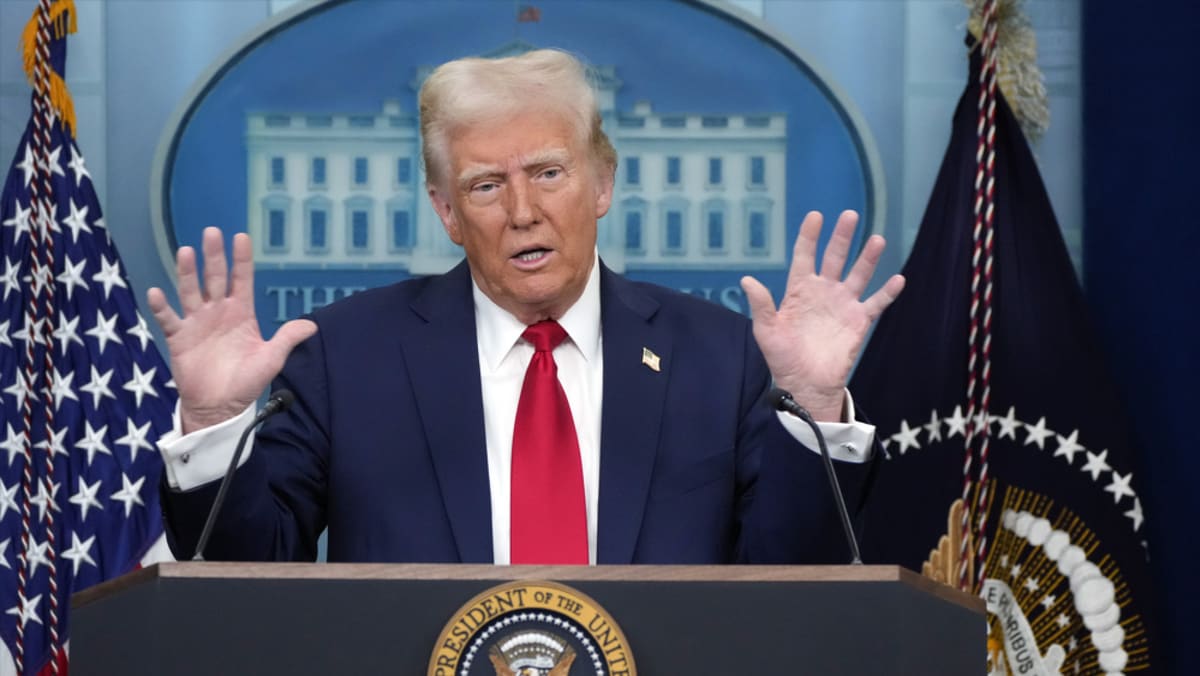People have also grown weary from heading out on first dates, optimistic from some good early text exchanges, only to find that the person isn’t what they were hoping for. The connection, for whatever reason, just isn’t there.
But this too is partly the fault of the app, a technology fundamentally limited by the fact software code can only measure matters of compatibility – age, location, job – rather than understand the more subtle signs of potential chemistry. Centuries of literature and love songs have struggled with this, too.
FINDING THE PERFECT MATCH ON DATING APPS
Maybe AI can help do some demystifying. By analysing more data, apps could understand our preferences better than we might understand them ourselves, helping us hone in on the perfect match.
It could be an innovation as disruptive to dating as the introduction of Tinder’s swipe in 2012, suggests Justin McLeod, chief executive officer of Hinge, an app owned by the Match Group.
“It requires getting a level or two deeper than we currently do,” he said. “There is a lot of latent signal in photos,” for example. “It’s not just looks. There’s all kind of information that gets portrayed – how someone carries themselves, what kind of photos they choose.”













